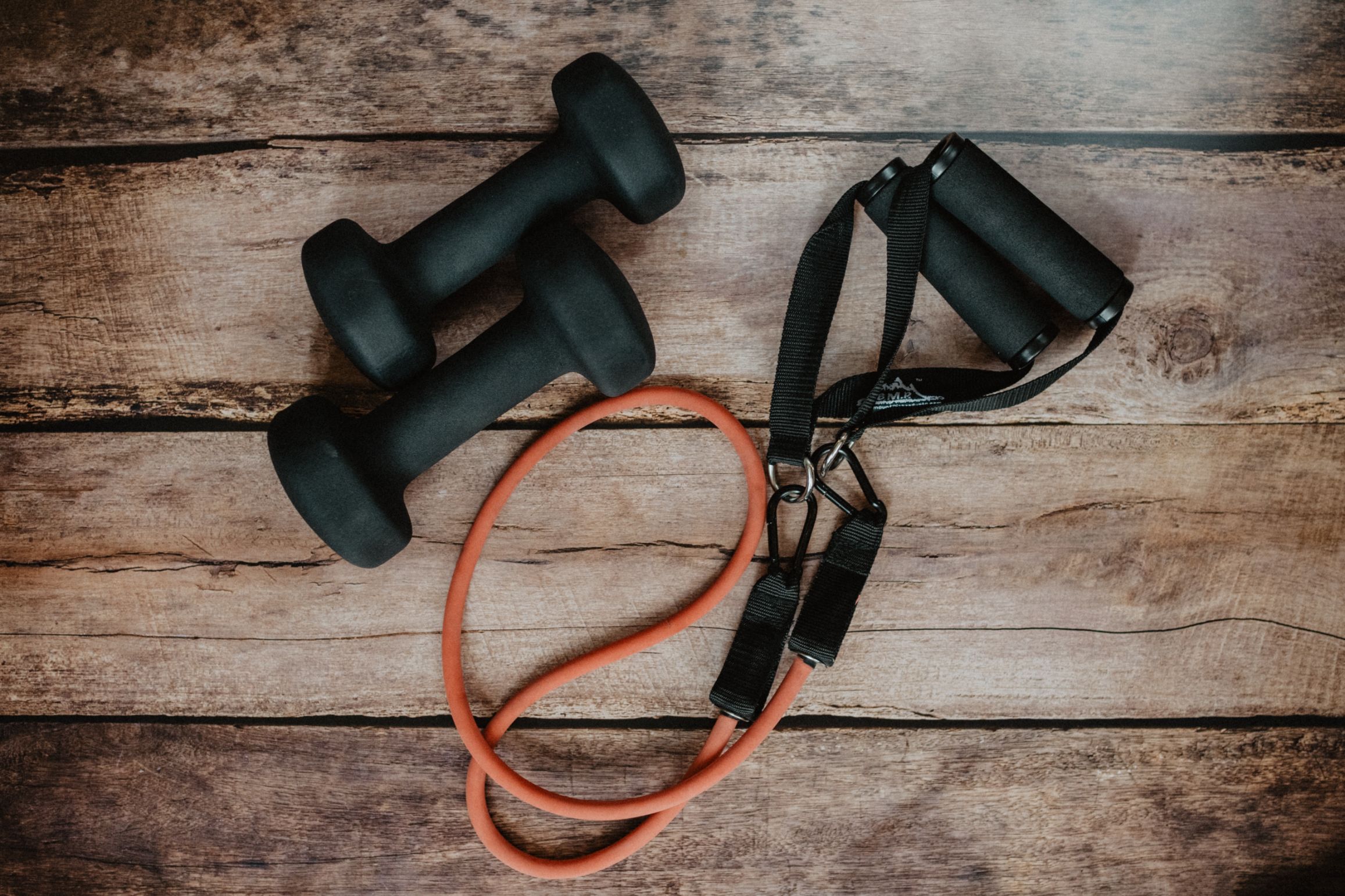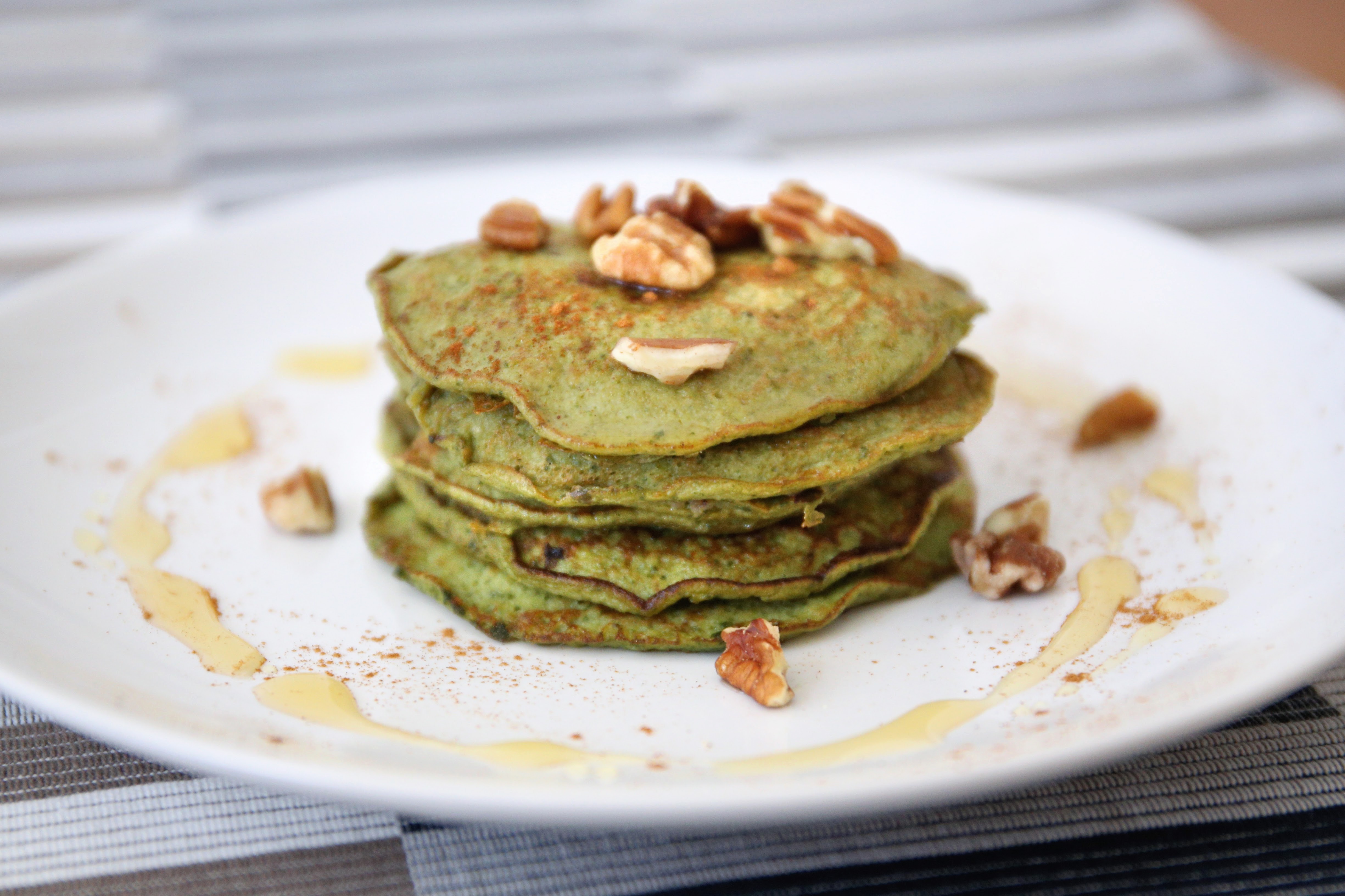
By now you should know about macronutrition from this post. Maybe you want to give it a try, or maybe you need more background. Well if it's new to you, it may take some time before you completely understand it. Hopefully this post will be the answer you're looking for!
The macros diet is a flexible approach to eating. Which means you can eat all the things that you love and find delicious. Take the deeper rooted, popular, "low-carb" diet for example.
"You can't eat carbs, or you have to heavily limit them." Diets like this often fail because they are restrictive. Restrictive diets don't pan out in the long run because when you limit certain foods, you start feeling deprived.
When you are deprived, you may over compensate or binge, which is worse because you develop an unhealthy relationship with food. This will probably lead to quitting early and gaining that weight back.
Now let's look at flexible dieting with macros. With this diet, not only do you understand how nutrition relates to amounts of food consumed, you will see how foods make your body feel.
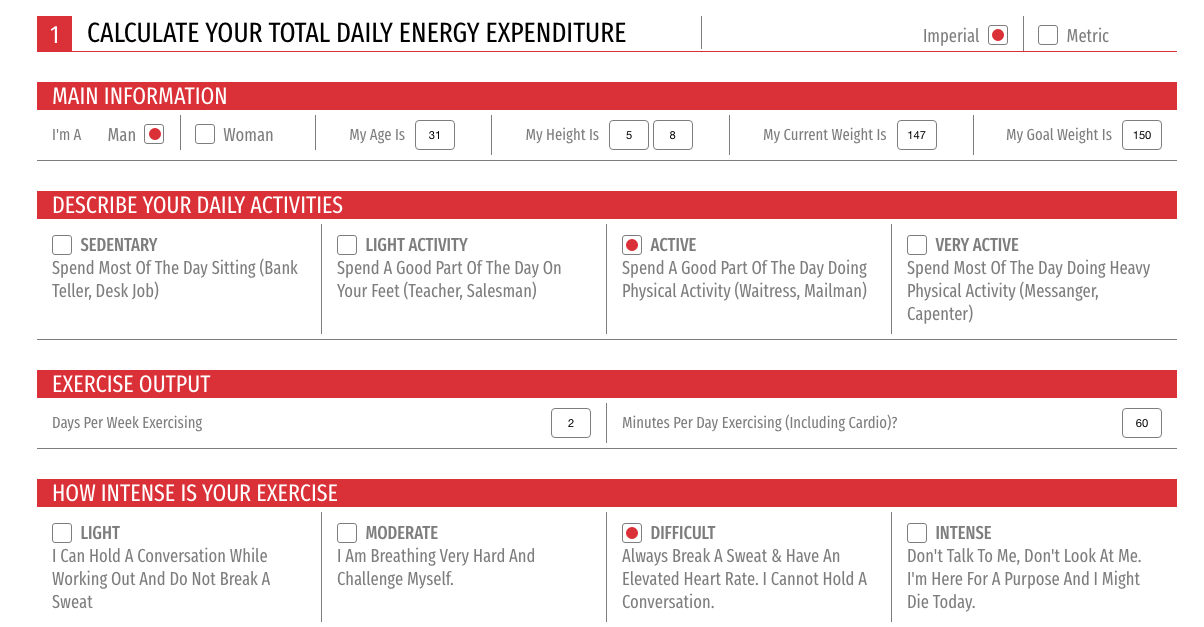
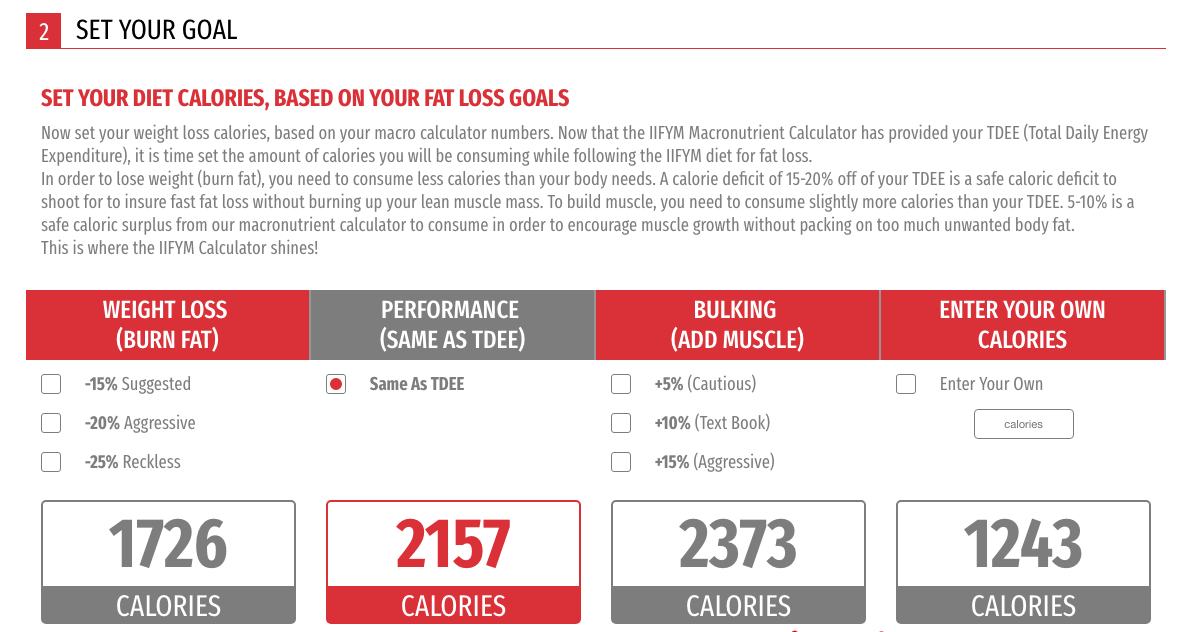
With macros, you have options and flexibility in what you eat. You're not limiting any food groups.
Your macro counts (in grams) are the total number needed daily to meet your nutritional goal. As long as what you're eating "fits your macro count" you can eat it. This doesn't mean, however, that you can eat fast food all day either. You should still stick to fresh ingredients, nothing processed!
Macro dieting takes some adjusting because every body is different, and your needs and goals may change. So you're not counting calories, but you are using your daily caloric intake (as it pertains to your weight goal) to figure out the macro amounts.
You can then translate those numerical values into the food you need to consume. You can visually see and understand how much food equals 20g of protein vs 50g. This is invaluable.
Break that down per meal, and you'll know how much you can or should eat. Of course, this is much much easier to manage if you meal prep and make your own food.
When you've adjusted your macros, you feel energetic throughout your day. Once you start losing weight at 1-3 lbs/week, you will have hit the jackpot.
Ok what about sweets? How do we enjoy treats and still lose weight?

Macro dieting doesn't limit foods remember? However, if you're just starting out, you'll want to minimize these foods. For maintaining weight, you have more wiggle room, and you just need to eat the right amount. A treat a day? You should probably decrease the portion size. Once a week? You can up it a little.
The foundation of the diet is always about protein, healthy fats, complex carbs, and fruits and veggies. Having occasional sweets will not derail your progress.
As your body changes in the long run, you can adjust your macros accordingly. A fixed set of numbers won't work forever, but no diet ever does. The beauty of counting macros is that you can adjust the values as your body and goals change, and you don't have to exclude any foods.
So I hope this encouraged you to give macro nutrition a try. I love it because I don't have to exclude any of my favorite desserts! Pair this with some intense HIIT exercise, and you'll be on your way to achieving your ideal body!

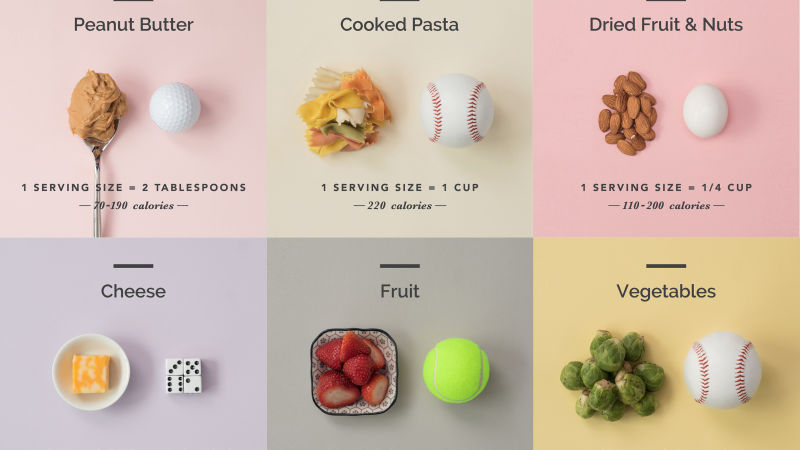
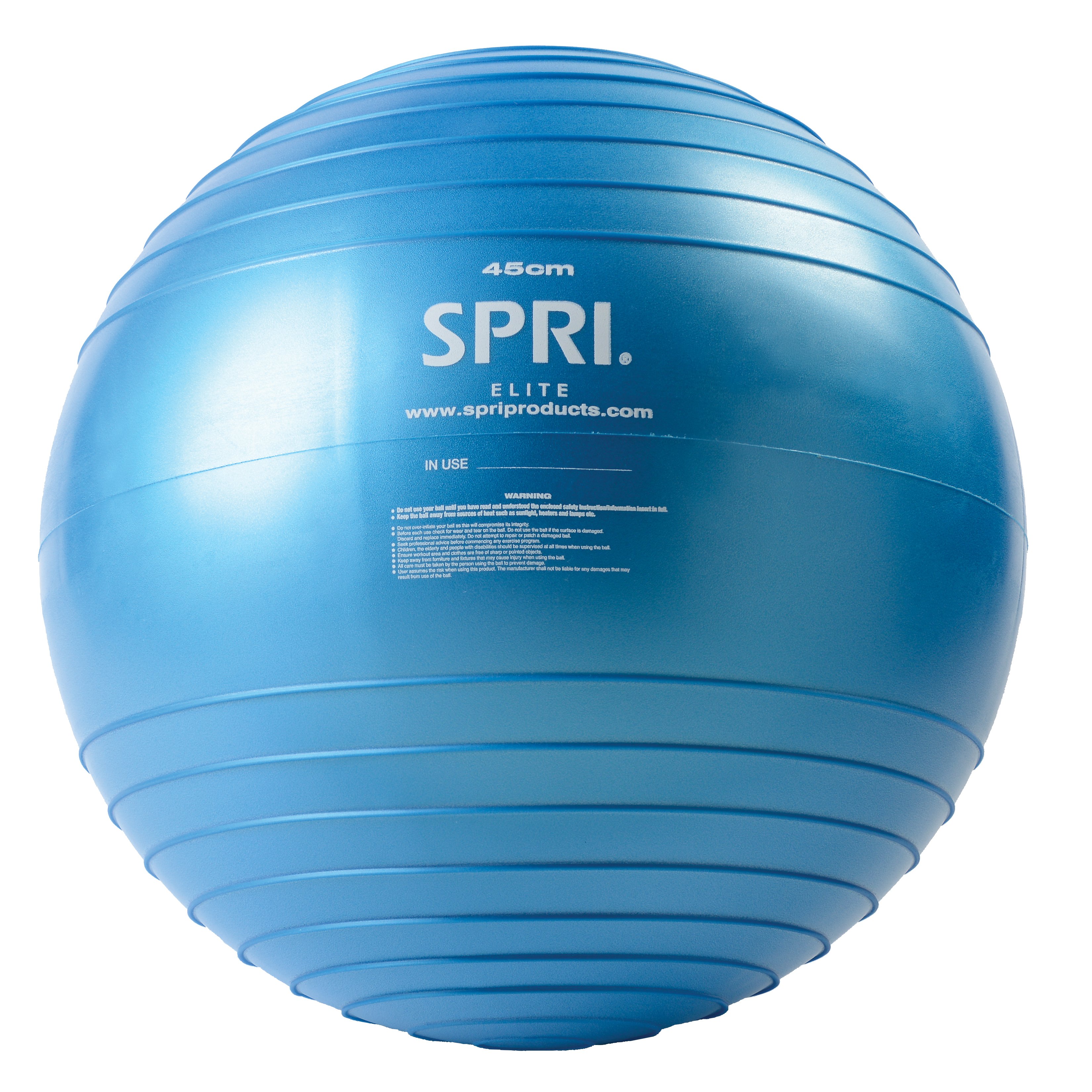
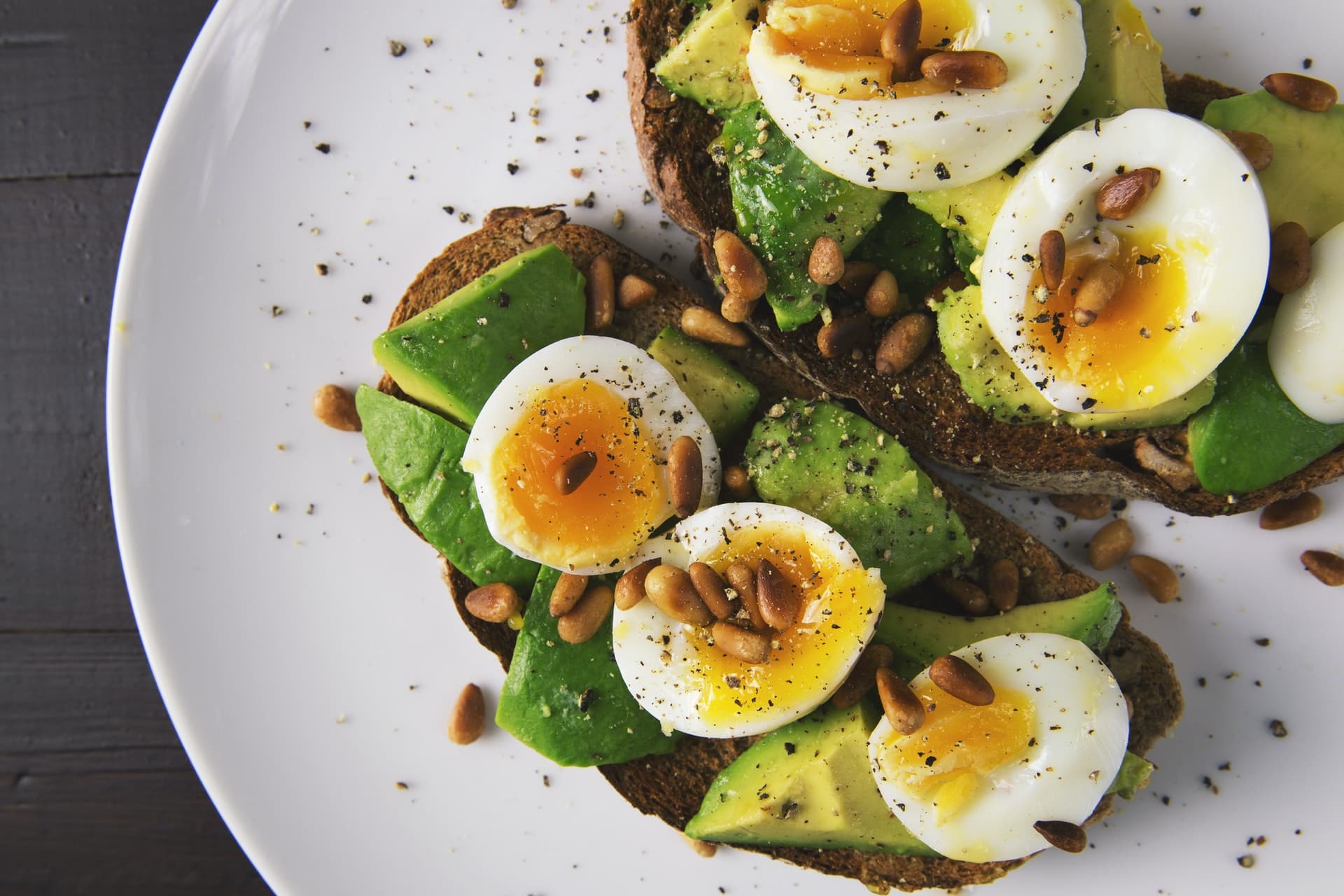
.jpg)



